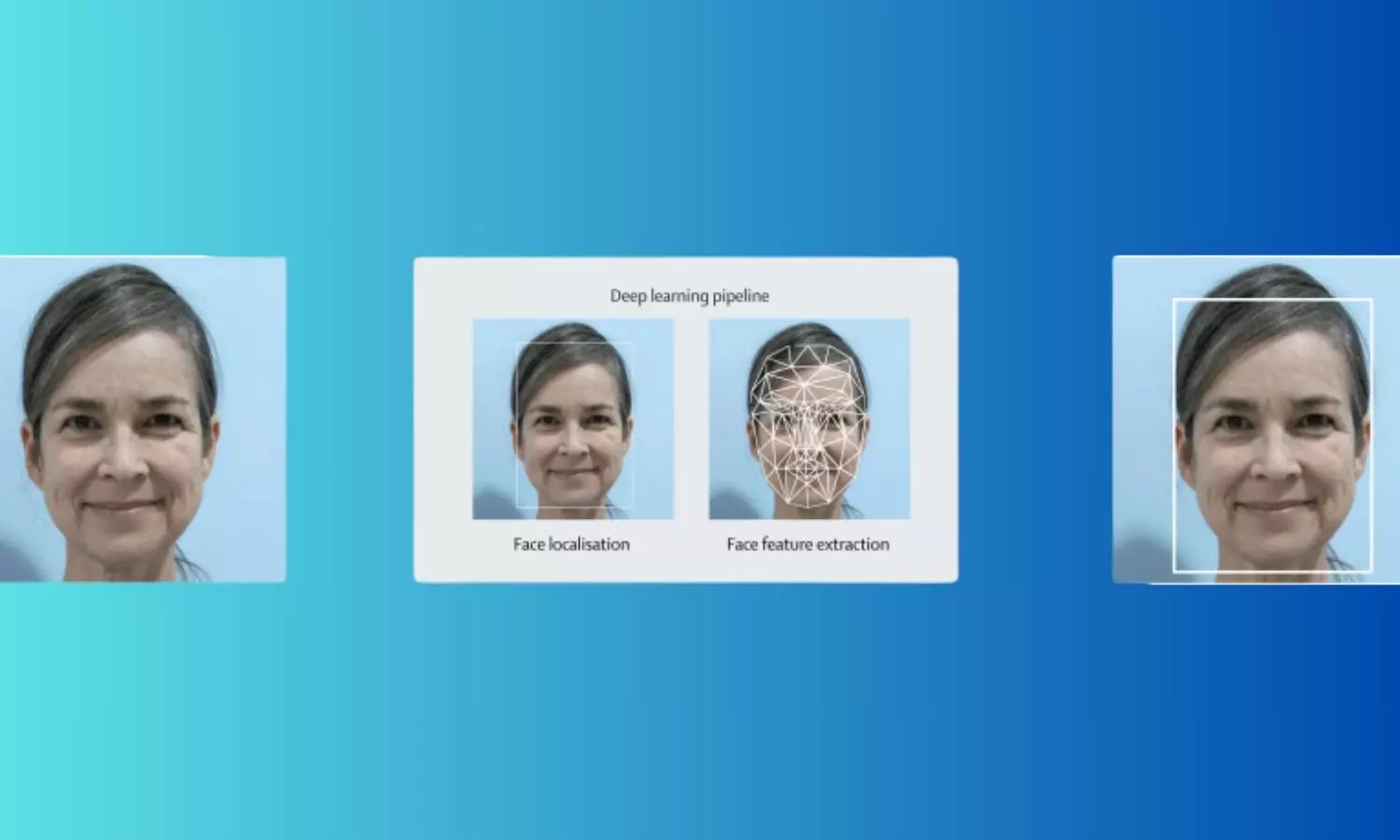New AI Tool Can Estimate Biological Age, Cancer Survival From a Single Selfie
Researchers have indicated that this AI tool can assess a person's "biological age," which is important in determining their chances of overcoming cancer

Researchers at Mass General Brigham have developed a new AI tool, FaceAge, which uses facial images to estimate biological age and forecast survival rates for cancer patients. The study, published in Lancet Digital Health, included more than 6,000 individuals.
Researchers have indicated that this AI tool can assess a person's "biological age," which is important in determining their chances of overcoming cancer. It was found that cancer patients had FaceAges approximately five years older than their actual ages. Additionally, a higher FaceAge was associated with a lower likelihood of survival.
The tool surpassed physicians in forecasting short-term life expectancy for patients undergoing palliative radiotherapy, particularly when incorporated into their decision-making process. This research indicates that facial characteristics may act as significant, non-invasive biomarkers for ageing and illness, paving the way for advancements in precision medicine.
When patients enter exam rooms, their appearance can give physicians valuable insights into their overall health and vitality. These initial observations, along with the patient's chronological age and various biological indicators, can aid in determining the most effective treatment options.
However, physicians can also hold biases regarding patients' age that may affect their judgments, highlighting the need for more objective and predictive measures to guide clinical decisions.
To address this challenge, researchers at Mass General Brigham utilised deep learning and facial recognition technologies to develop FaceAge. This innovative tool was trained using 58,851 images of presumably healthy individuals from public datasets.
The researchers compared actors Paul Rudd and Wilford Brimley using photographs of them at 50. According to a report in The Telegraph, Mr. Rudd was estimated to have a biological age of 42.6. At the same time, Mr. Brimley, who passed away in 2020, was assessed to have a biological age of 69.
The researchers noted that more studies are needed to expand the research's scope and determine whether other conditions or diseases could be evaluated through a simple selfie.

